White House targets close relationship with AI CEOs on safety
Biden admin has called for greater controls on AI, while stressing the tech’s importance
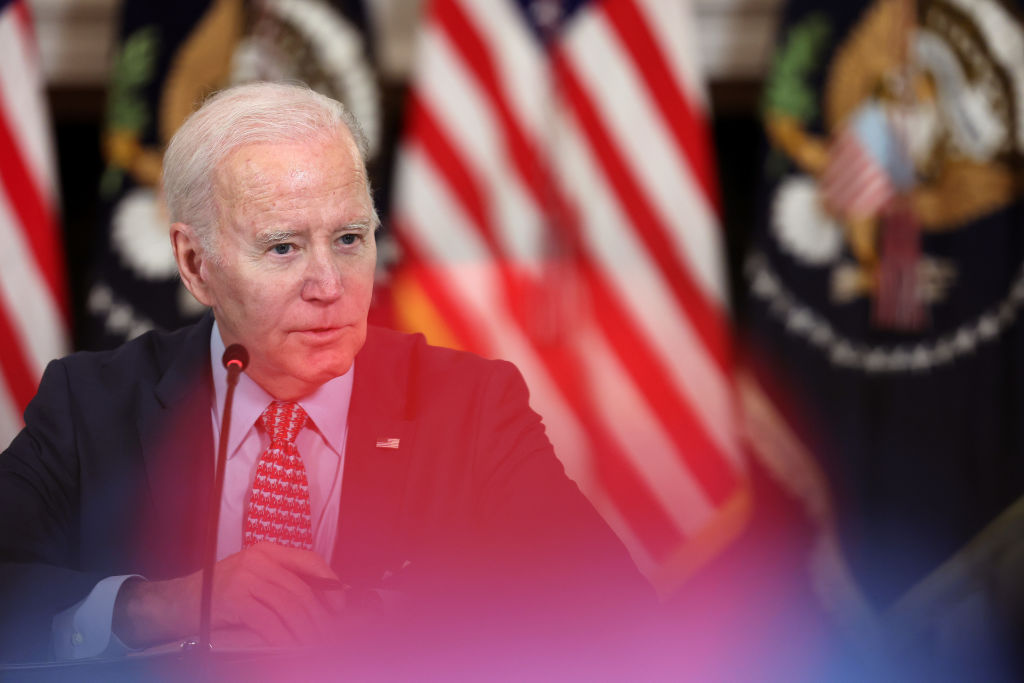

The White House has set its sights on a long-running collaboration involving AI leaders in the private sector to ensure the rapidly developing technology remains safe and ethical.
Big Tech CEOs attended a meeting on Thursday, with both President Joe Biden and Vice President Kamala Harris in attendance, which concluded with them committing to responsible AI development.
Vice President Harris welcomed Sam Altman, CEO at OpenAI, Dario Amodei, CEO at Anthropic, Satya Nadella, chairman and CEO at Microsoft, and Sundar Pichai, CEO at Google and Alphabet, to discuss current market approaches to AI.
Both Harris and Biden sought to impress the importance of risk-prevention strategies in AI development and achieved a commitment from the CEOs to continue to engage with the Biden administration on this.
Coinciding with the announcement of the meeting and the results of it, the National Science Foundation has also officially allocated $140 million in funding to seven new national institutes for AI research will work with federal agencies, industry bodies, and higher education institutes to develop ethical and trustworthy AI solutions.
“President Biden has been clear that when it comes to AI, we must place people and communities at the center by supporting responsible innovation that serves the public good, while protecting our society, security, and economy,” read the White House statement.
“Importantly, this means that companies have a fundamental responsibility to make sure their products are safe before they are deployed or made public.”
Get the ITPro daily newsletter
Sign up today and you will receive a free copy of our Future Focus 2025 report - the leading guidance on AI, cybersecurity and other IT challenges as per 700+ senior executives
The Biden administration has pointed to AI R&D as critical to approaching problems such as cyber security, energy, climate change, and education.
In recent months, generative AI has seen rapid growth through chatbots such as ChatGPT and Bard but has also prompted concerns.
Academic institutions have struggled with the lack of tools to detect AI-generated text, and notable tech pioneers called for a six-month pause of AI development in March over safety concerns.
US lawmakers have begun to explore “accountability measures” for AI, with the National Telecommunications and Information Administration (NTIA) set to launch a public consultation on AI services to inform White House policy.
The Office of Management and Budget has also announced that it will publish draft policy on the potential for AI systems to be used by federal departments and agencies.
RELATED RESOURCE
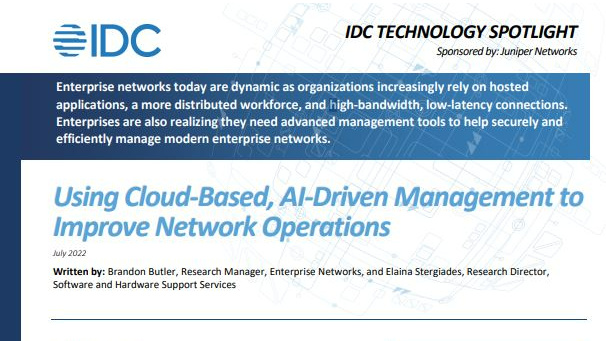
IDC: Using cloud-based, AI-driven management to improve network operations
Reduce complexity through automation and limit time to resolution
It is hoped that public comment on this draft, combined with an eventual model for federal implementation, could set a precedent for responsible AI use that can be replicated throughout the industry and in state and local governments.
Experts have advised AI firms to adopt greater transparency to avoid future regulatory penalties, particularly given that the EU’s AI Act has sought to place more responsibility on developers for misuse of their AI models.
The bloc’s latest draft of its long-awaited AI legislation also aims to shield businesses from IP theft, as well as set out clear guidelines for the AI systems that pose a risk to human rights such as those used for live facial recognition.
AI firms are increasingly under pressure to conform to regulatory requirements in the EU, with the recent case of Italy banning ChatGPT over GDPR concerns standing out as an early indication of the penalties that could be leveled against tech companies in the near future.
OpenAI has been told it needs to implement ‘right to be forgotten’ controls for ChatGPT in order to be allowed back to Italy, and EU data protection regulators could follow this example for other AI chatbots.

Rory Bathgate is Features and Multimedia Editor at ITPro, overseeing all in-depth content and case studies. He can also be found co-hosting the ITPro Podcast with Jane McCallion, swapping a keyboard for a microphone to discuss the latest learnings with thought leaders from across the tech sector.
In his free time, Rory enjoys photography, video editing, and good science fiction. After graduating from the University of Kent with a BA in English and American Literature, Rory undertook an MA in Eighteenth-Century Studies at King’s College London. He joined ITPro in 2022 as a graduate, following four years in student journalism. You can contact Rory at rory.bathgate@futurenet.com or on LinkedIn.
-
 Westcon-Comstor and Vectra AI launch brace of new channel initiatives
Westcon-Comstor and Vectra AI launch brace of new channel initiativesNews Westcon-Comstor and Vectra AI have announced the launch of two new channel growth initiatives focused on the managed security service provider (MSSP) space and AWS Marketplace.
By Daniel Todd Published
-
 Third time lucky? Microsoft finally begins roll-out of controversial Recall feature
Third time lucky? Microsoft finally begins roll-out of controversial Recall featureNews The Windows Recall feature has been plagued by setbacks and backlash from security professionals
By Emma Woollacott Published
-
 OpenAI woos UK government amid consultation on AI training and copyright
OpenAI woos UK government amid consultation on AI training and copyrightNews OpenAI is fighting back against the UK government's proposals on how to handle AI training and copyright.
By Emma Woollacott Published
-
 DeepSeek and Anthropic have a long way to go to catch ChatGPT: OpenAI's flagship chatbot is still far and away the most popular AI tool in offices globally
DeepSeek and Anthropic have a long way to go to catch ChatGPT: OpenAI's flagship chatbot is still far and away the most popular AI tool in offices globallyNews ChatGPT remains the most popular AI tool among office workers globally, research shows, despite a rising number of competitor options available to users.
By Ross Kelly Published
-
 ‘DIY’ agent platforms are big tech’s latest gambit to drive AI adoption
‘DIY’ agent platforms are big tech’s latest gambit to drive AI adoptionAnalysis The rise of 'DIY' agentic AI development platforms could enable big tech providers to drive AI adoption rates.
By George Fitzmaurice Published
-
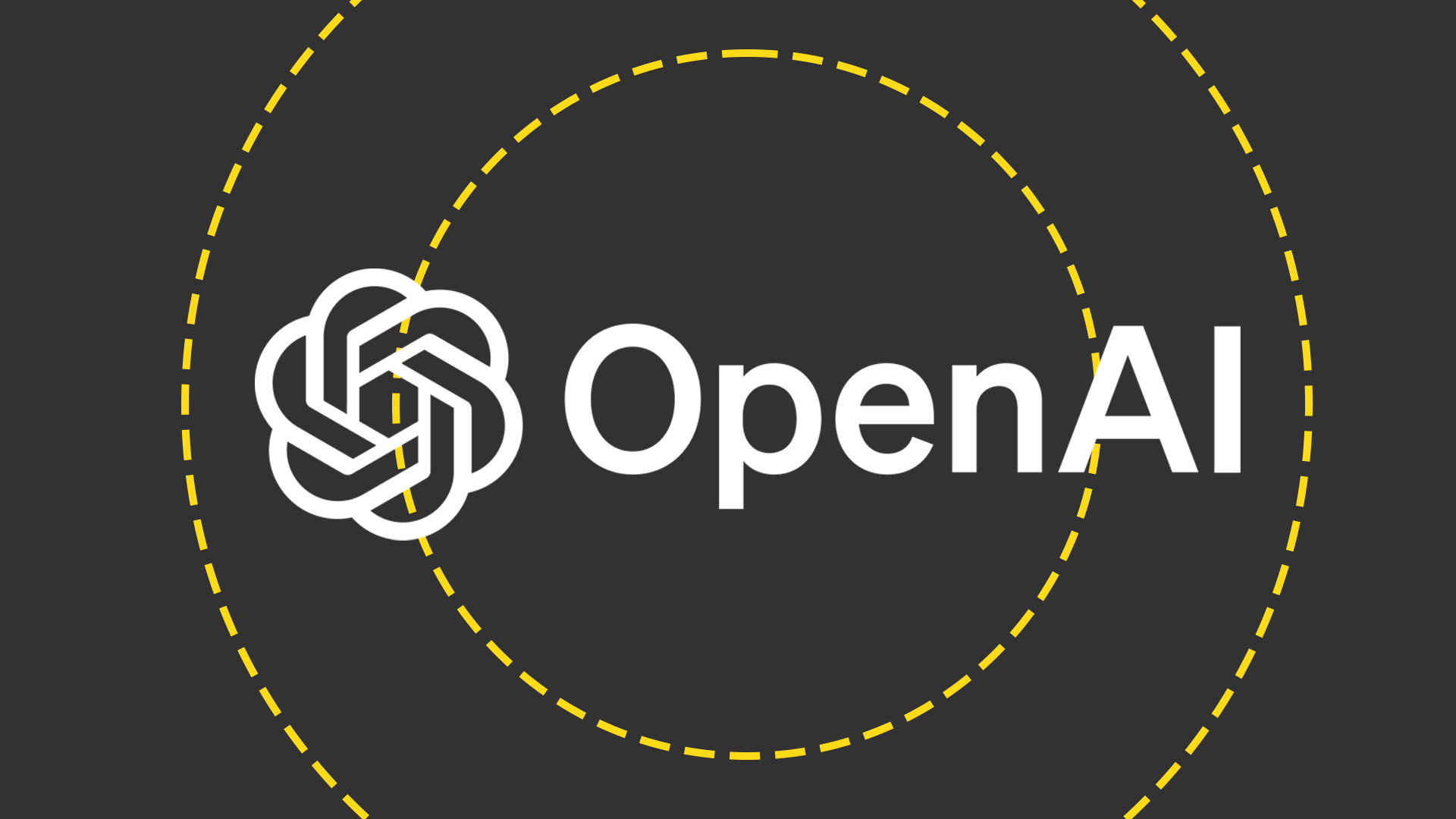 OpenAI wants to simplify how developers build AI agents
OpenAI wants to simplify how developers build AI agentsNews OpenAI is releasing a set of tools and APIs designed to simplify agentic AI development in enterprises, the firm has revealed.
By George Fitzmaurice Published
-
 Elon Musk’s $97 billion flustered OpenAI – now it’s introducing rules to ward off future interest
Elon Musk’s $97 billion flustered OpenAI – now it’s introducing rules to ward off future interestNews OpenAI is considering restructuring the board of its non-profit arm to ward off unwanted bids after Elon Musk offered $97.4bn for the company.
By Nicole Kobie Published
-
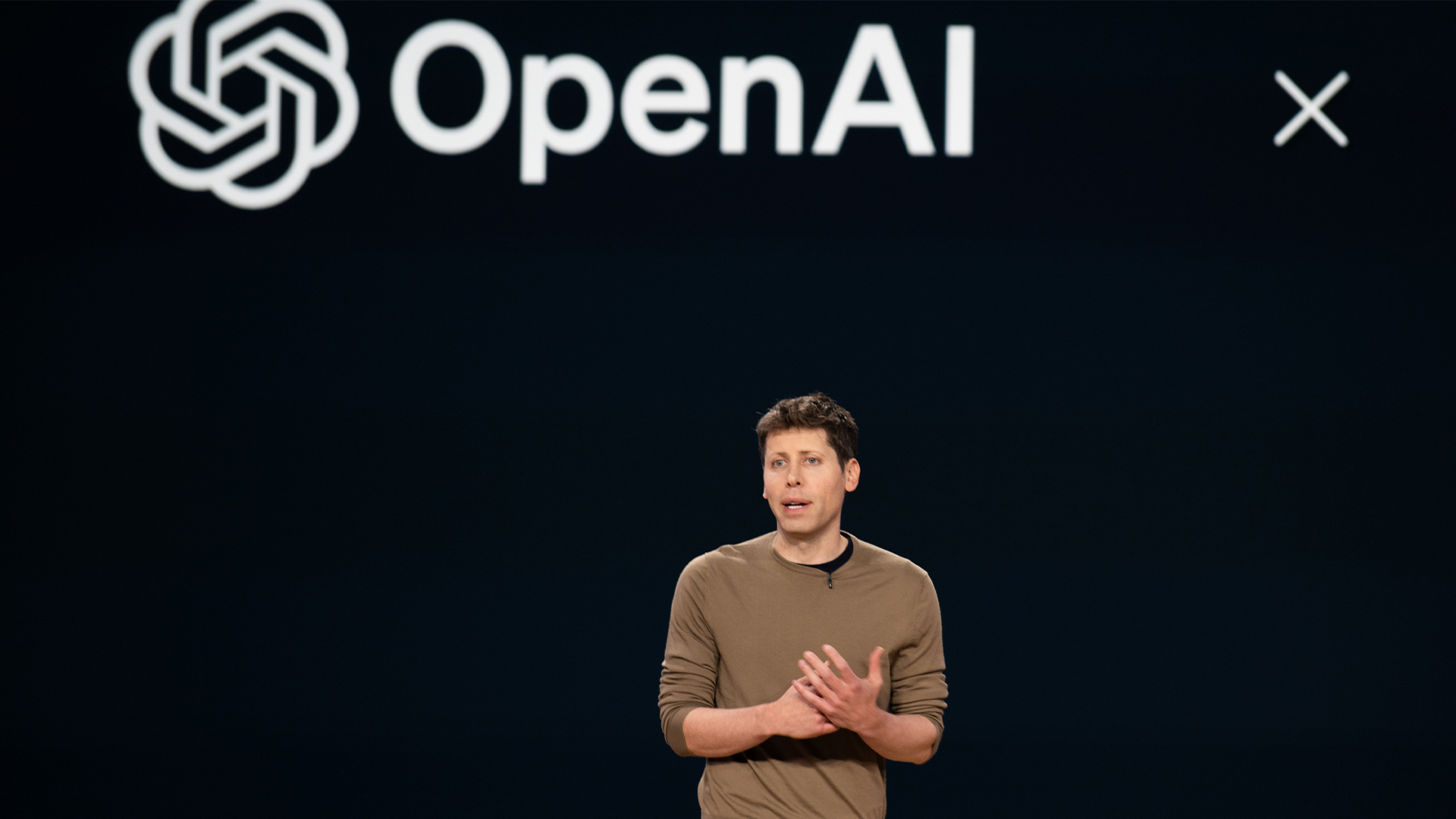 Sam Altman says ‘no thank you’ to Musk's $97bn bid for OpenAI
Sam Altman says ‘no thank you’ to Musk's $97bn bid for OpenAINews OpenAI has rejected a $97.4 billion buyout bid by a consortium led by Elon Musk.
By Nicole Kobie Published
-
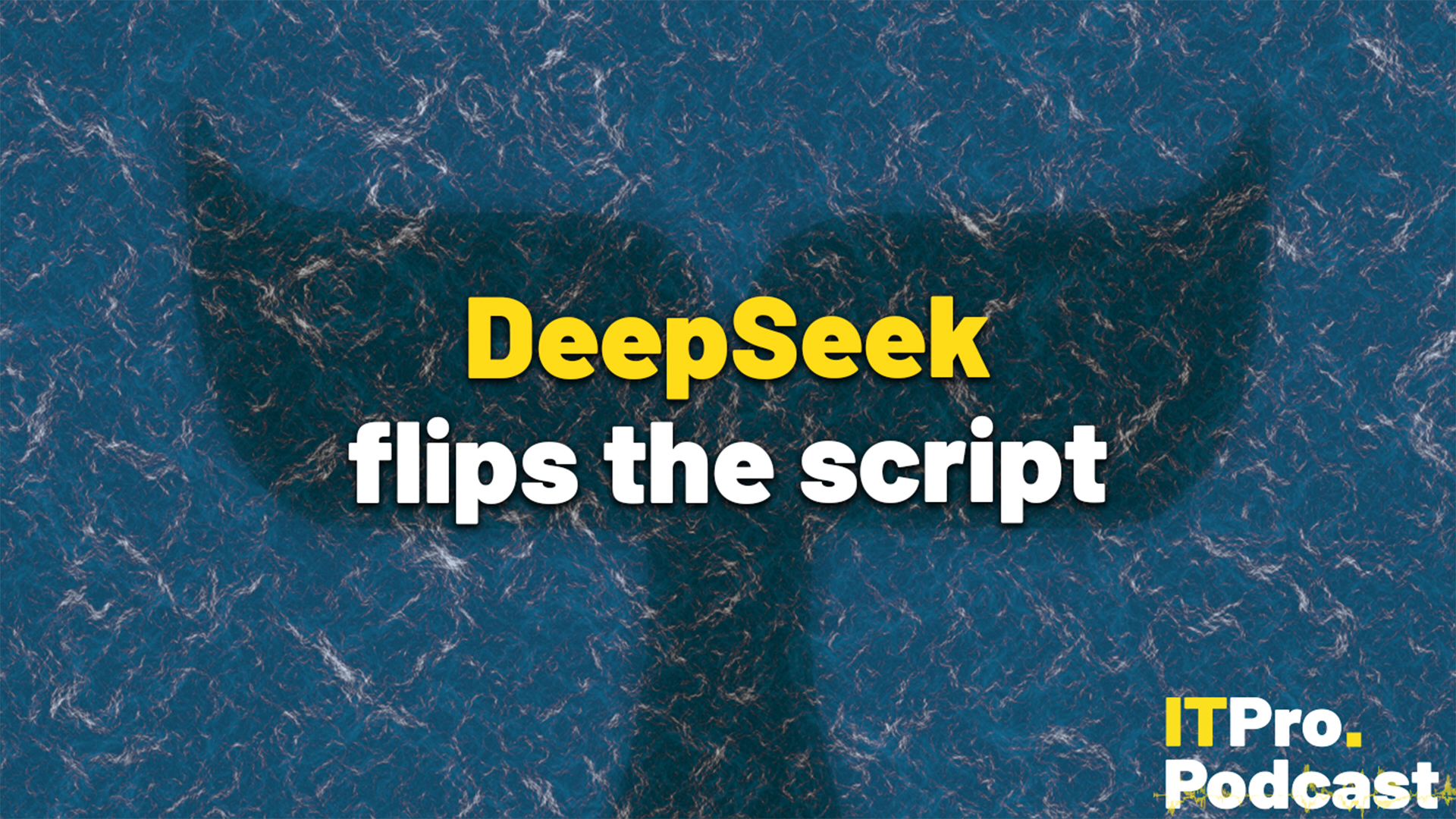 DeepSeek flips the script
DeepSeek flips the scriptITPro Podcast The Chinese startup's efficiency gains could undermine compute demands from the biggest names in tech
By Rory Bathgate Published
-
 SoftBank could take major stake in OpenAI
SoftBank could take major stake in OpenAINews Reports suggest the firm is planning to increase its stake in the ChatGPT maker
By Emma Woollacott Published